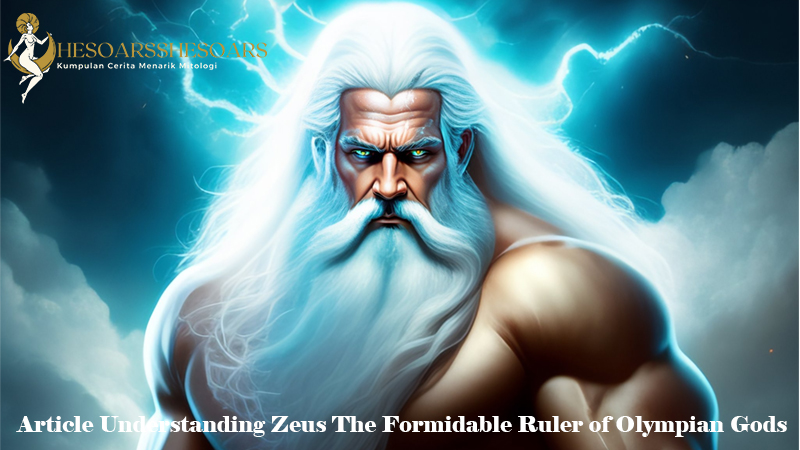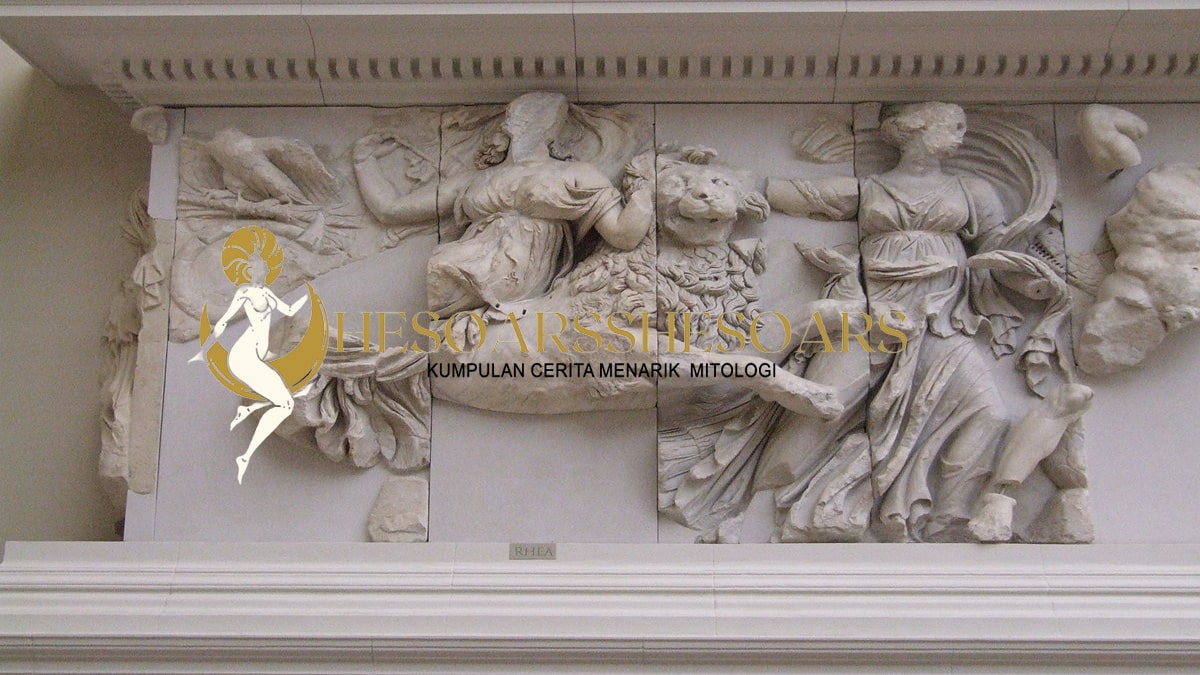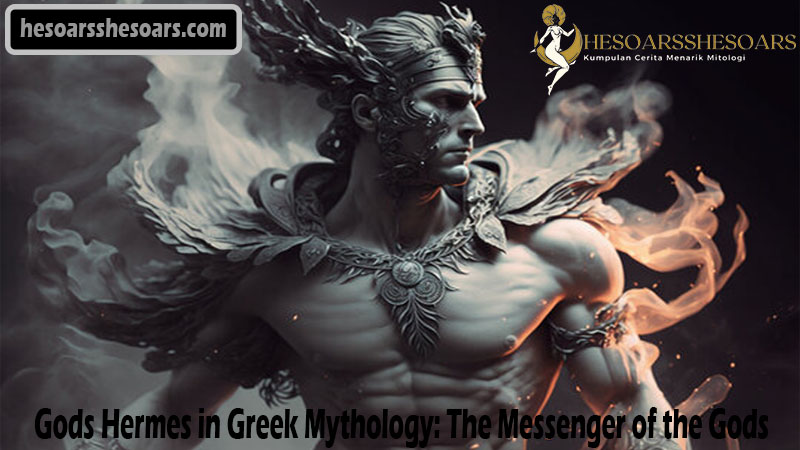Introduction Understanding Zeus
Amidst the captivating world of Greek mythology, Understanding Zeus The Formidable Ruler of Olympian Gods, the formidable ruler of the Olympian gods. Casts a shadow of fascination and awe. Wielding a thunderbolt and a throne atop the celestial Mount Olympus. The tales enveloping him are not mere stories but a sophisticated amalgamation of mythology, symbolizing power. Leadership, and oftentimes, a reflection of human folly and sagacity.
Understanding Zeus’s Mighty Origins
The origin of Zeus is interwoven with rebellion and power struggles. Where he emerges victorious against the oppressive reign of his father. Cronus. Born amidst chaos and secrecy, Zeus’s ascent to power is a riveting tale of triumph over adversity, Showcasing a meteoric rise from a hidden child to the omnipotent ruler of the skies. Underlying a theme of perpetual cycles of rebellion and rulership in mythology.
The Symbolism of Power Zeus’s
Embodying supremacy and authority, Zeus’s iconography — the mighty thunderbolt, regal scepter. And eagle — is deeply rooted in symbolic meanings. The thunderbolt represents unmatched power and the capacity to bring forth both creation and destruction. Meanwhile, the eagle, soaring high, symbolizes far-reaching vision and dominion over the heavens and earth, establishing Zeus as a divine entity with an unbounded realm.
The Ruler of Gods and Men
Zeus, while reigning supreme among deities, also held significant influence over mortal realms. His favor or displeasure could mold the fate of kingdoms and warriors, revealing a complex relationship between gods and humans. This interaction underscores a theme within Greek mythology that explores divine interference, human free will, and the often paradoxical relationship between the two.
Zeus’s Multifaceted Personal Relationships
Within the intricate relationships of Understanding Zeus The Formidable Ruler of Olympian Gods — from divine consorts to mortal liaisons — there lies a diverse tapestry of tales exploring love, deception, and conflict. His various affairs and offspring, including heroic and divine entities, serve not merely as enthralling narratives but also facilitate a deeper exploration of aspects such as authority, morality, and the intertwining of divine and mortal worlds.
Justice and Wrath: Zeus as a Moral Authority
Despite his personal transgressions, Zeus also played the role of a moral arbitrator, administering justice and punishment to gods and mortals alike. His often dualistic nature, demonstrating both benevolence and wrath, brings forth a paradox that propels numerous mythological narratives, examining the oscillation between mercy and vengeance in the pursuit of justice and order.
Zeus in Cultural and Religious Context
Beyond mythical tales, Zeus held a pivotal place in ancient Greek culture and religion. His likeness adorned temples and artifacts, while his mythical narratives played vital roles in festivals, literature, and philosophical discourses. Thus, Zeus transcends his mythical embodiment. Emerging as an integral figure who shaped and was shaped by the societal and cultural contexts of ancient Greece.
The Legacy of Zeus in Modern Times
Even in contemporary contexts, Zeus persists as a symbol of power and governance. Reflecting the timeless relevance of his narratives. Through literature. Art, and modern media, the mythology of Zeus continues to be explored, reinterpreted, and celebrated, perpetuating a legacy that transcends temporal confines and continues to inspire myriad aspects of modern culture and thought.
Conclusion
Zeus, with his mighty presence, embodies more than divine tales of power and authority. He symbolizes the timeless exploration, of leadership, morality, conflict, and the intertwining of, the divine and mortal spheres. Understanding Zeus necessitates peering into the multifaceted narratives that surround him, exploring not merely the god of thunder. but a symbol that has permeated cultural, religious, and philosophical thought across millennia.




